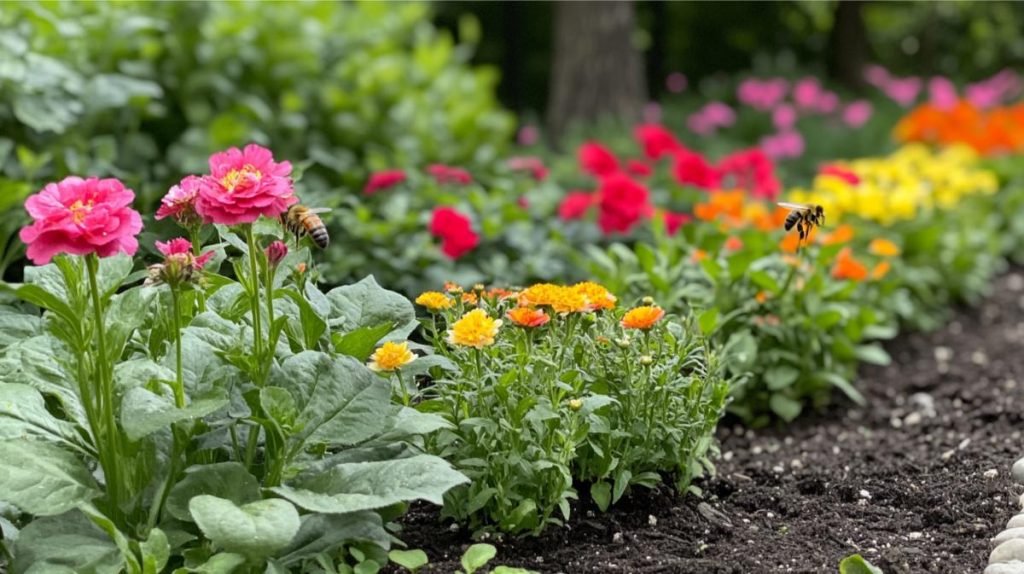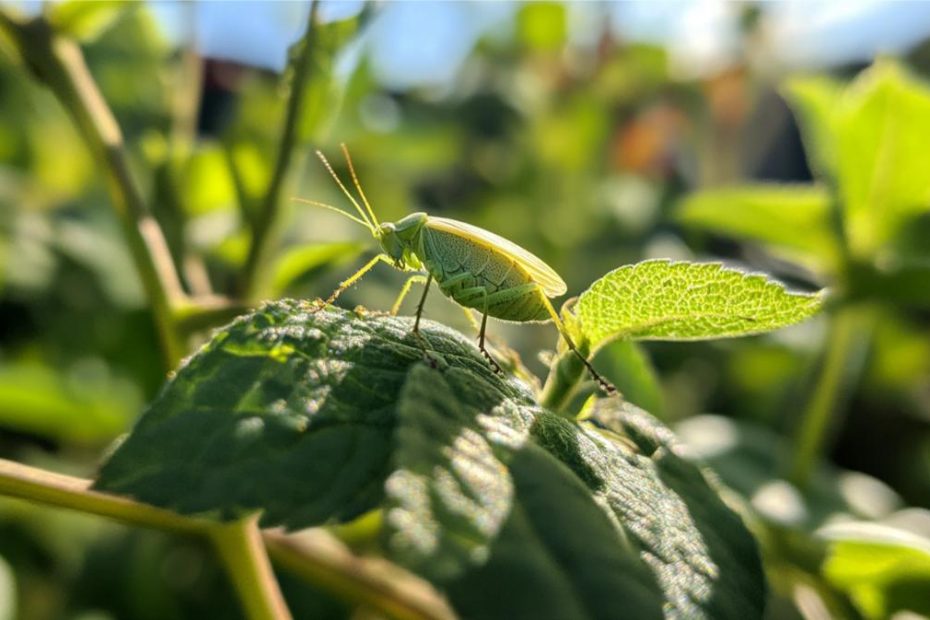Imagine a world without the buzz of bees, the flutter of butterflies, or the chirp of crickets. It might sound peaceful, but it would be a disaster for our planet.
Insects are dying off at an alarming rate, and you might not realize how much we depend on these tiny creatures.
You’d be surprised to learn that insects are the unsung heroes of our ecosystems, playing crucial roles in pollination, pest control, and nutrient cycling.
Without them, our food chains would crumble, and many plants and animals would struggle to survive. It’s not just about losing a few bugs – it’s about the collapse of entire ecosystems.
Think of insects as nature’s cleanup crew and matchmakers rolled into one. They break down dead stuff, help plants reproduce, and even keep other critters in check. Losing them would be like removing all the stagehands from a play – suddenly, nothing works quite right.
So, let’s see why these tiny titans are so important and what their disappearance could mean for you and me.
Key Takeaways
- Insects are vital for pollination, pest control, and nutrient cycling in ecosystems
- The decline in insect populations threatens food chains and biodiversity
- Human activities like habitat loss and climate change are major factors in insect decline
Unseen Engineers of Our Ecosystem
Insects play crucial roles in our world that often go unnoticed. These tiny creatures keep our ecosystems running smoothly in ways you might not expect.
Pollination Powerhouses

Did you know that without insects, your dinner plate would look pretty bare? These tiny pollinators are the unsung heroes of your meals. Bees, butterflies, and other flying insects work tirelessly to help plants reproduce.
They zip from flower to flower, spreading pollen like nature’s little matchmakers. This process is vital for growing fruits, vegetables, and nuts. Without it, you’d say goodbye to juicy apples, crunchy almonds, and even your morning coffee!
But it’s not just about your snacks. Pollination keeps wild plants thriving too. These plants provide food and homes for countless animals.
So next time you see a bee, give it a tiny high-five (from a safe distance, of course).
Decomposers and Nutrient Cyclers
Ever wonder what happens to all those fallen leaves and dead animals in nature? Enter the insect clean-up crew! These little recyclers break down dead stuff and turn it into plant food.
Dung beetles are the star players here. They roll animal poop into balls and bury it underground. It sounds gross, but it’s super important! This process:
- Enriches the soil
- Helps plants grow
- Keeps pastures clean
- Reduces pesky flies
Other insects munch on dead plants and animals, speeding up decomposition. They’re like nature’s composting system, keeping nutrients flowing through the ecosystem.
Nature’s Pest Control
You might think all bugs are pests, but many are actually pest-busters! Ladybugs, praying mantises, and lacewings gobble up aphids and other plant-munching insects. They’re like tiny, natural pesticides.
This free pest control helps farmers and gardeners. It keeps crop damage down without using harmful chemicals. Plus, it maintains balance in wild ecosystems.
Some insects even tackle invasive species. They act as a living defense against plants and animals that don’t belong.
The Domino Effect of Vanishing Bugs

Bugs are disappearing fast, and it’s not just about losing cute critters. The effects ripple through our world in ways you might not expect.
Agriculture at the Brink
Picture this: you’re at the grocery store, and half the produce section is empty. That’s the future we’re facing if insect pollinators keep declining.
Bees, butterflies, and other buzzing buddies are crucial for your food supply. They pollinate about 75% of global crops.
But it’s not just about fewer strawberries. Insects are nature’s pest control. Without them, farmers might use more chemicals on your food. Yum, extra pesticides anyone?
And let’s talk soil. Bugs are tiny tillers, keeping your garden and farms healthy. No bugs means less nutrient cycling and poorer soil quality. Your veggies might end up a bit… meh.
Climate and Habitats Under Siege
You know how dominos fall? That’s what’s happening with insects and your environment. As bug numbers drop, it triggers a chain reaction.
Birds, bats, and small animals lose their food source. Bird populations have already dropped by 400 million in Europe, likely due to fewer flying insects. It’s like someone removed a Jenga block from nature’s tower.
Insects also help with decomposition. Without them, dead plants and animals pile up. This affects nutrient cycles and even impacts climate change. Who knew tiny bugs could be climate heroes?
Deforestation and extreme weather don’t help either. As habitats change, insects struggle to adapt. It’s like asking you to live in a different house every week. Not easy, right?
